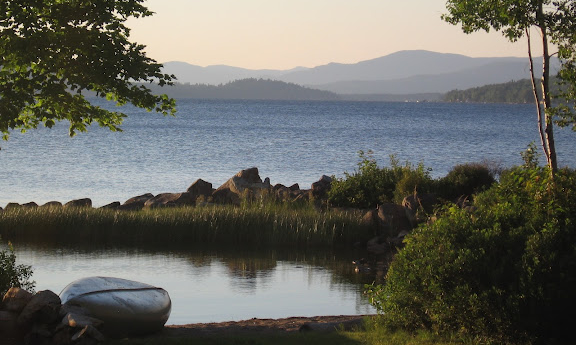Growing up, as we neared the end of school, the longing for no more homework would rise to a fever pitch as we pictured sleeping in and doing nothing all day. But when it came time to do nothing, I could only stand it for a few days. Before I knew it, my father had put me to work in the yard, where I only longed to be back inside in the A/C doing nothing.
This tension between having every inch of our schedules taken up with trips and events, especially in the summer, and the desire to do nothing seems commonplace in our day and age. The furious scurrying to fill our schedules seems to come from a fear of having nothing to do. For most of us, having nothing to do really ends up feeling like a massive waste of time.
The solution is not to fill the time with stuff but to waste time well. This phrase involves simply re-learning how to rest and how to be present to the present moment. When it comes to readjusting our approach to summer vacation and vacation in general, Cardinal Joseph Ratzinger in his book, Seek That Which Is Above, states it well when he says, “It is all the more necessary for us to leave our workaday world behind and go in search of the breath of creation, in order that we may meet him [God] and thus find ourselves” (156). He is suggesting that vacation involves getting away to encounter God and, in so doing, to re-discover for ourselves who we are in His sight. Again, Cardinal Ratzinger states it best when he writes:
Often it will be an act of real humility and creaturely honesty to stop what we are doing, to acknowledge our limits, to take time to draw breath and rest—as the creature, man, is designed to do. I am not suggesting that sloth is a good thing, but I do want to suggest that we revise our catalogue of virtues, as it has developed in the Western world, where activity alone is regarded as valid and where the attitudes of beholding, wonder, recollection and quiet are of no account, or at least are felt to need some justification (154).
How can we possibly recollect and wonder if we are constantly seeking the next thrill and never able to be truly present to who and what is in front of us? Rather, taking time to contemplate God who is present to us at every moment gives us a greater appreciation of who God is and why we exist. In this light, the whole idea of needing to fill every moment with some activity becomes less of a priority. Indeed, if our vacation takes this approach, it will be time well wasted.
✠
Photo by Christopher Solomon







